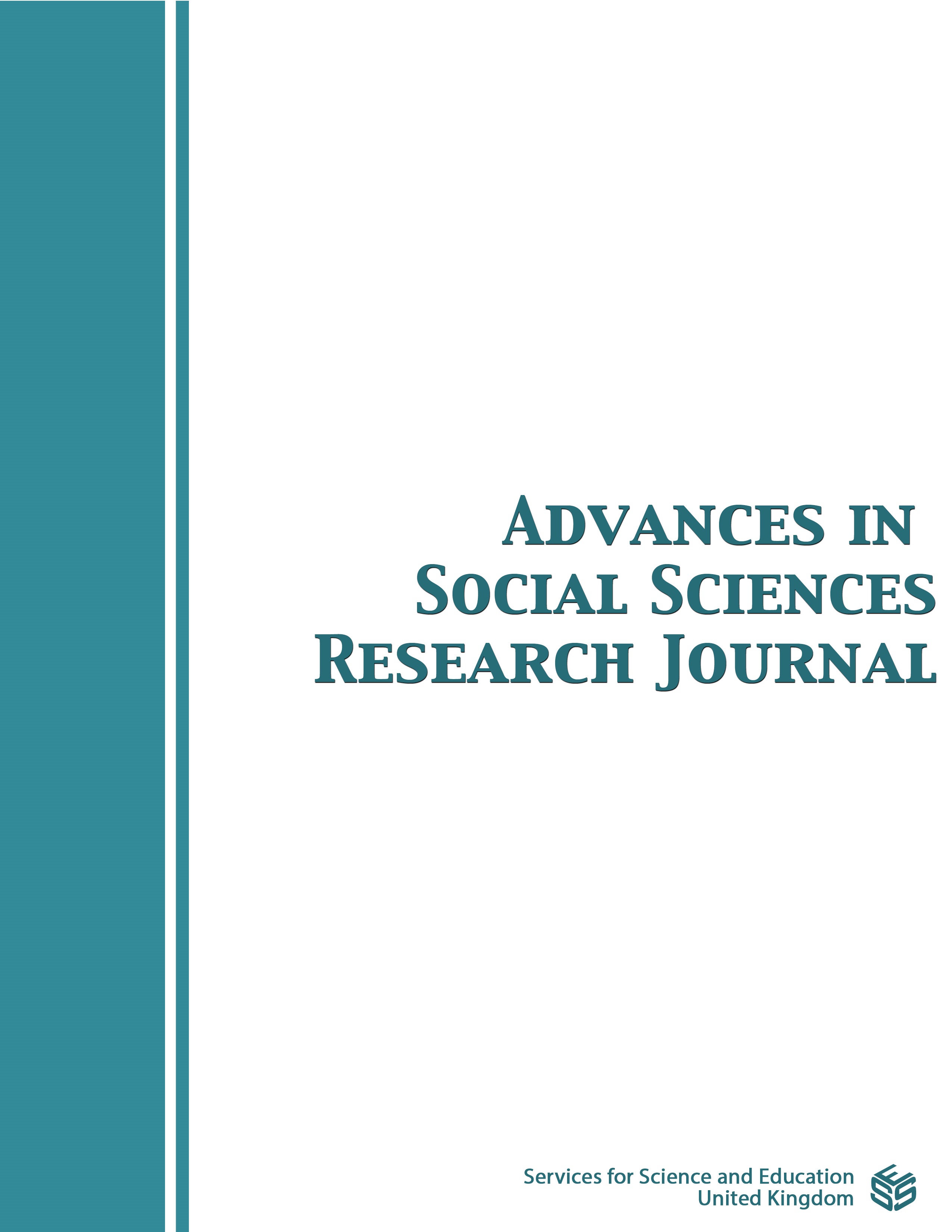An Application of Multinomial Mis-Classification Cost Matrix For A P- To – P Lending Credit Score
DOI:
https://doi.org/10.14738/assrj.113.16544Keywords:
Misclassification Cost Matrix, Default Risk, P2, Two-fold Classifier, R PackageAbstract
An emerging new form of online credit for lending, different from traditional sources of finance, such as banks and building societies, where lenders provide loans to borrowers directly is termed as P-P. Many of these credits are unsecured personal loans, thus credit score of loans is vital to regulate the default risk and improve profit for lenders and platforms. Standard two-fold classifiers may not be appropriate in this lending since there are multiple credit classes and misclassification costs vary largely across classes in the lending platforms. Cost Sensitive Classifiers have been studied extensively in this set of lending, but none of them have analyzed this issue from the perspective of multinomial classifications and measured the misclassification costs of different credit grades using actual losses and opportunity costs. The research intends to model credit score in p-p lending as a cost-sensitive multinomial classification problem. A misclassification cost matrix is proposed for credit scoring with a set of equations and models to estimate the costs. A replication study using a publicly available data is conducted to evaluate the performance and validate the usefulness of the proposed misclassification cost matrix with the help of an R statistical package developed to aid the application of the model. The outcomes showed that the cost-sensitive multinomial classifiers can significantly decrease the total cost, which is vital for the p-p survival and profitability.
Downloads
Published
How to Cite
Issue
Section
License
Copyright (c) 2024 Daniel K. Bakker, Ong’eta, Oyaro Jackson

This work is licensed under a Creative Commons Attribution 4.0 International License.
Authors wishing to include figures, tables, or text passages that have already been published elsewhere are required to obtain permission from the copyright owner(s) for both the print and online format and to include evidence that such permission has been granted when submitting their papers. Any material received without such evidence will be assumed to originate from the authors.






